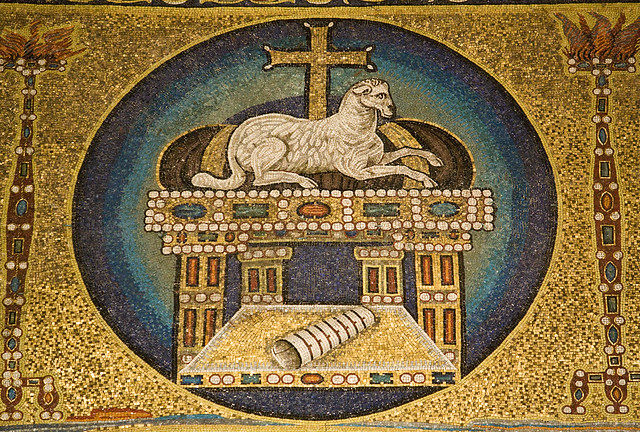The bay where St. Paul was shipwrecked, Malta. From our Christmas holiday there.
I am in Corfu on holiday, mainly walking on beaches and forests, and totally resetting my mind, body and most of all, spirit!!
I have excerpted two articles I read recently on the healing, restorative powers of nature on both brain and body
How Nature Resets our Minds and Bodies (The Atlantic) : According to this interesting article in the Atlantic, “nature restores mental functioning in the same way that food and water restore bodies.
Psychologists studying attention restoration theory, or ART, say that unlike draining urban environments, forests, streams, rivers, lakes, and oceans demand very little from us, though they’re still engaging, ever changing, and attention-grabbing. They give us the chance to think as much or as little as we’d like, and the opportunity to replenish exhausted mental resources.
Healers in Japan and Germany have long heralded the benefits of natural therapy, recognizing that humankind has spent 99.99 percent of its history living in natural environments. People who are exposed to natural scenes aren’t just happier or more comfortable; the very building blocks of their physiological well-being also respond positively to natural therapy.
Natural environments promote calmness and well-being in part because they expose people to low levels of stimulation. Interesting locations, including busy natural environments, are so beneficial that physicians have begun to suggest that they might offer a cheap and effective way to lessen the effects of certain cancers. Nature is an inexpensive and effective tool for dulling the impact of illness, and the intrusion of everyday stress.”
Easing Brain Fatigue with a Walk in the Park (The New York Times)
“Scientists known for some time that the human brain’s ability to stay calm and focused is limited and can be overwhelmed by the constant noise and hectic, jangling demands of modern life, sometimes resulting in a condition informally known as brain fatigue.
With brain fatigue, you are easily distracted, forgetful and mentally flighty.
But an innovative new study from Scotland suggests that you can ease brain fatigue simply by strolling through a leafy park.
The idea that visiting green spaces like parks or tree-filled plazas lessens stress and improves concentration is not new. Researchers have long theorized that green spaces are calming, requiring less of our so-called directed mental attention than busy, urban streets do. Instead, natural settings invoke “soft fascination,” a beguiling term for quiet contemplation, during which directed attention is barely called upon and the brain can reset those overstretched resources and reduce mental fatigue.
Previous studies have found that people who live near trees and parks have lower levels of cortisol, a stress hormone, in their saliva than those who live primarily amid concrete, and that children with attention deficits tend to concentrate and perform better on cognitive tests after walking through parks or arboretums.
The use of portable EEGs confirmed the idea that green spaces lessen brain fatigue.
Jenny Roe, a lecturer at Heriot-Watt’s School of the Built Environment, who oversaw the study said “Natural environments still engage the brain, but the attention demanded is effortless. It’s called involuntary attention in psychology. It holds our attention while at the same time allowing scope for reflection,”
The study suggests that you should consider “taking a break from work,” Dr. Roe said, and “going for a walk in a green space or just sitting, or even viewing green spaces from your office window.” This is not unproductive lollygagging, Dr. Roe helpfully assured us. “It is likely to have a restorative effect and help with attention fatigue and stress recovery.”



















































